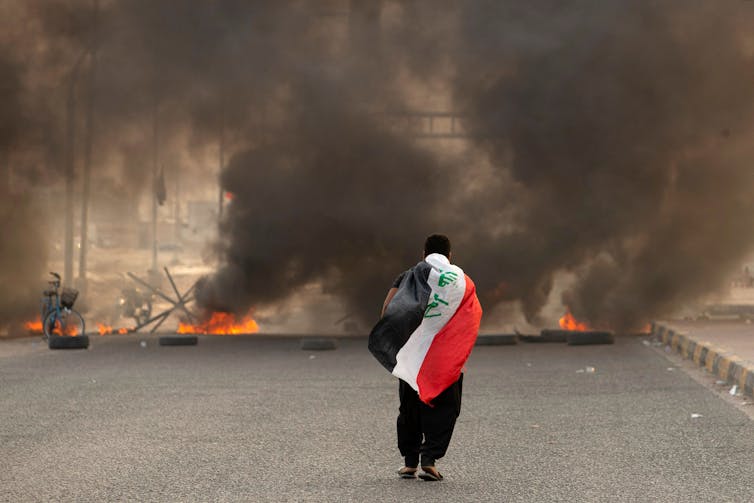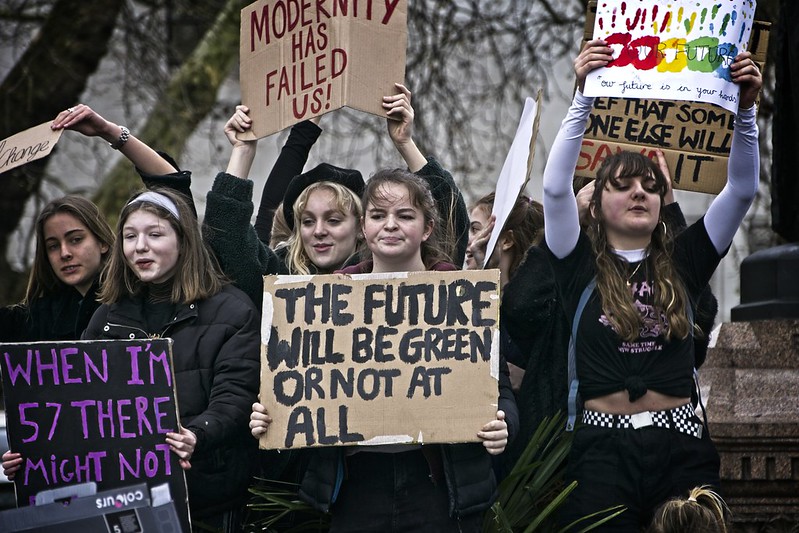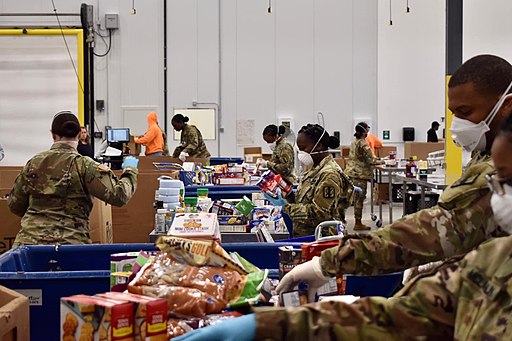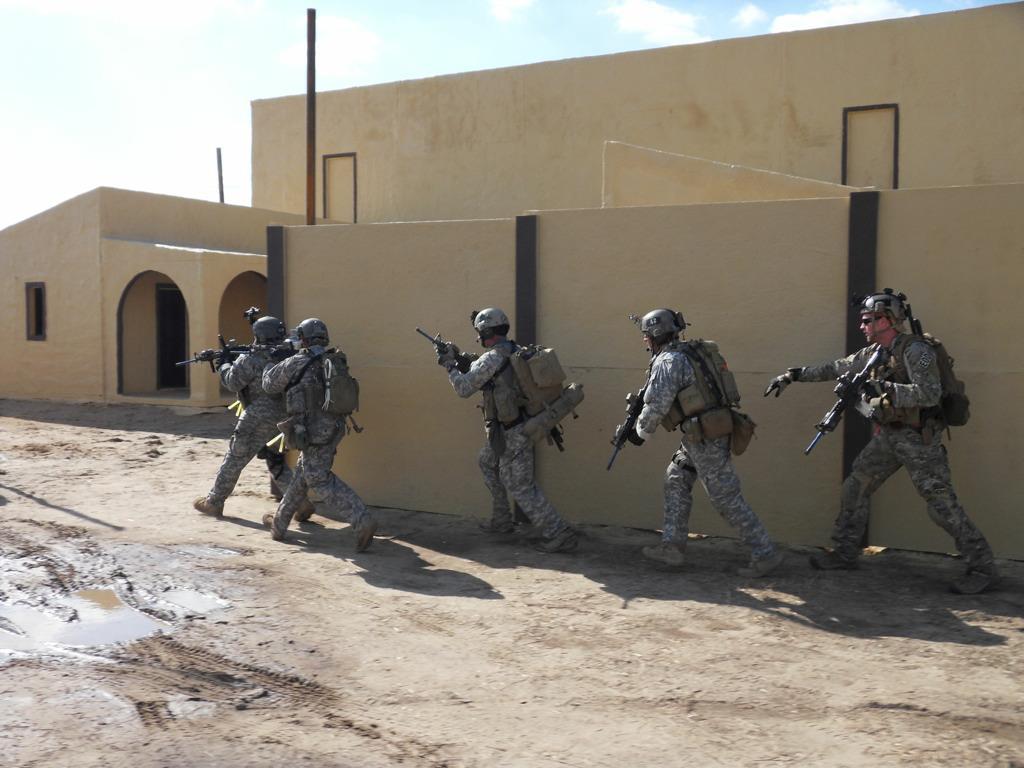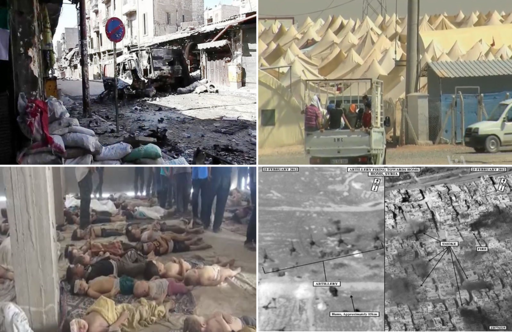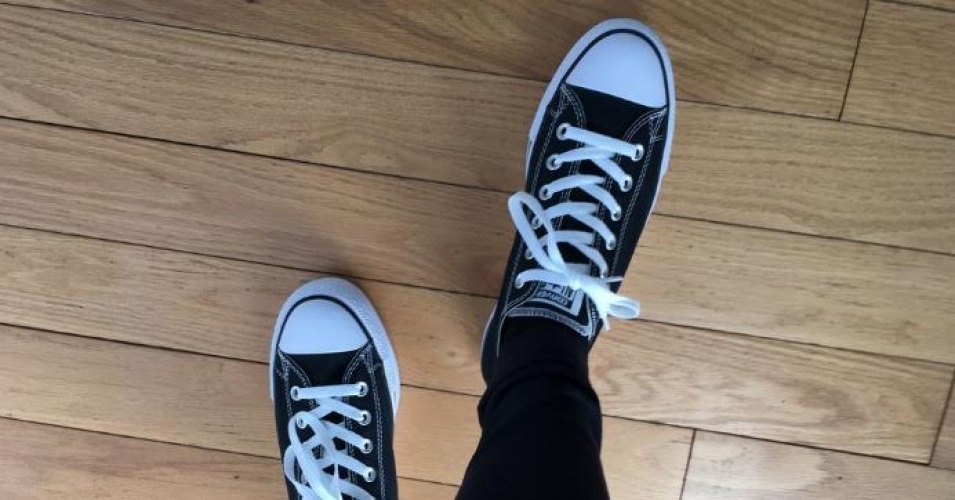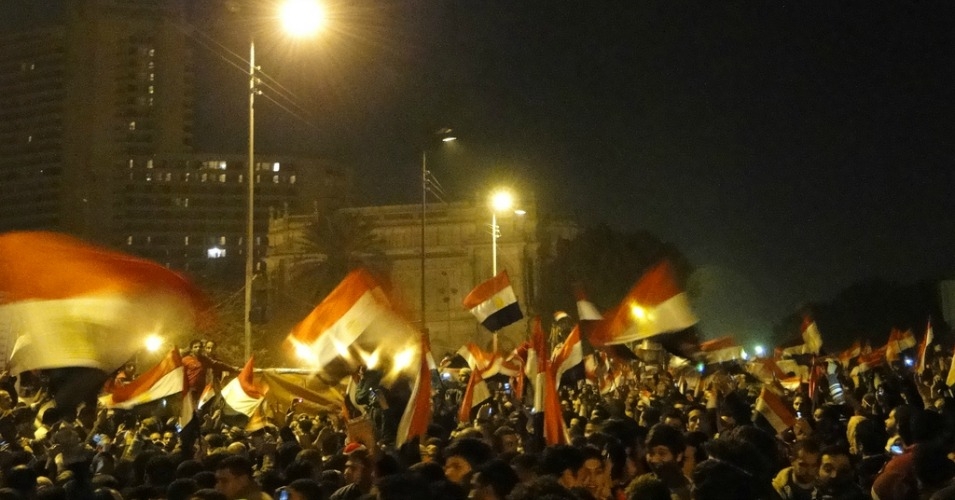While media focus is on pro-Palestine protests in the US, anger in North Africa and Western Asia could boil over
By Paul Rogers. Published 5-8-2024 by openDemocracy

Though many analysts feared an uncontrolled military escalation between Israel and Iran last month, this seems to have been avoided for now at least. Many states across the world are, however, witnessing a political escalation – not least those in North Africa and West Asia, which are often overlooked in conversations about protest.
The United States is the most obvious example of state-level controversy. Pro-Palestine protests and occupations are taking place at university campuses across the country – many of which have been met by violent police-led actions – as people take issue with Joe Biden’s enabling Israel in its horrific seven-month assault on Gaza.
Continue reading

